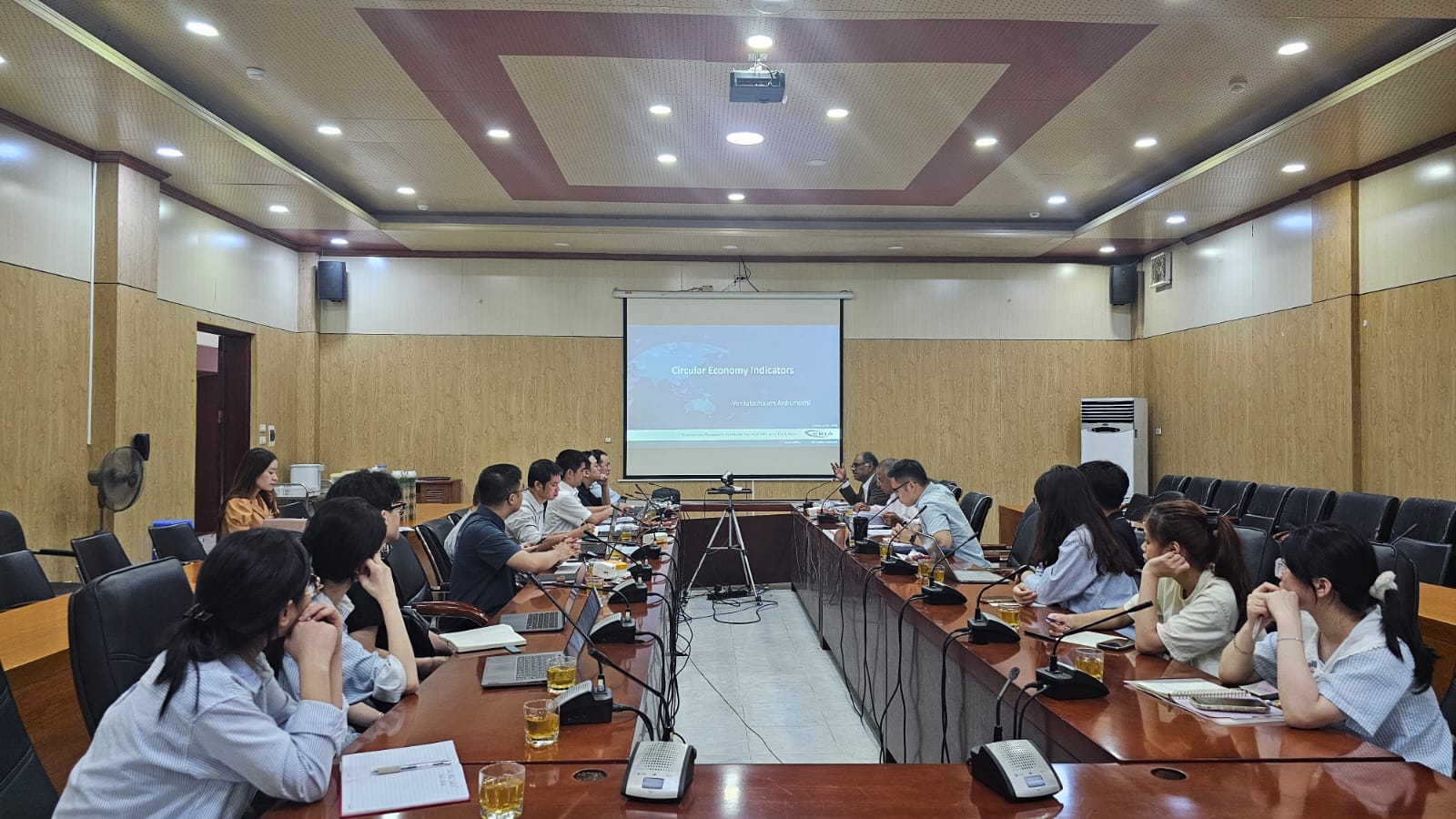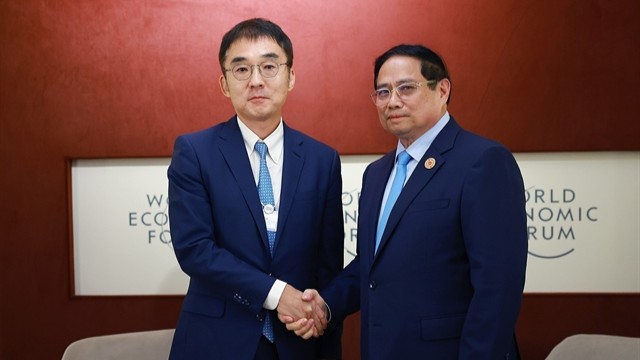The Fourth Industrial Revolution Needs more Women and Girls to Drive an Inclusive Post-Pandemic Recovery
Date:
30 November 2021Category:
OpinionsTopics:
Women ParticipationShare Article:
Print Article:
By Dr Giulia Ajmone Marsan and Mr Ravindra Ngo: According to UNESCO data, globally, women are progressing towards parity in higher education (they represent 45-55% of bachelor and master levels of study and 44% of PhDs). However, when looking at those disciplines driving advances in the digital economy and the fourth industrial revolution – key drivers of the post-pandemic recovery - such as ICT, computer sciences, physics, mathematics or engineering women remain a minority.
This is consistent with recent ERIA research on the ASEAN region: while an increasing number of girls and women are accessing science-related skills and education, the majority of them are concentrated in the life sciences and much fewer are studying STEM-related disciplines. Numbers shows an even more concerning trend with respect to leadership position (in both the public and the private sector) in these fields.
The digital economy and the fourth industrial revolution are becoming the drivers of the post-pandemic recovery. To be serious about building back better and promoting more inclusive societies and economies across Asia, we must strengthen women’s participation in each of them.
But how can we achieve that?
Let’s attempt to provide an answer.
First, we should focus on the younger generations. Over 750 million young people live in Asia, which makes it a relatively young continent. Their active involvement, participation, and voice is essential to achieve gender equality. Education and training that addresses biases and stereotypes towards girls in science and leadership will make a tremendous contribution to the continent’s economic development and social inclusion. Many initiatives, in some cases developed and led by girls, are emerging: from the Rural Education and Environment Development Center (REED) in Nepal, which provides education to many girls in the rural part of the country to the Kyrgyz Space Program, that introduces space science and technology to girls in Kyrgyzstan, there are several concrete successful examples that could be scaled-up and replicated elsewhere in Asia.
Second, women and girls should play an active role in the innovation revolution spurred by the COVID-19 pandemic. This is particularly critical in two sectors that are at the basis of social inclusion and economic empowerment: health and education. The digitalization of both sectors has progressed rapidly across Asia, driven by necessity of lock-downs and social distancing. Without equal access for girls and women in these sectors as start-uppers, entrepreneurs, funders, leaders and customers, the newly created companies and business models may risk recreating existing biases and stereotypes negatively affecting girls and women in the transition to digital health and education from more traditional services. Examples offered by female leaders from companies like 360 Ed from Myanmar, Science Fuse from Pakistan or HealthSetGo in India set important precedents.
Third, we need to collect more data about women in science and leadership across Asia. In many countries on the continent, data and analysis of current trends on women participation in the digital economy, including in leadership roles, is barely available and is some cases not existent. To be serious about achieving gender equality, we need to start collecting more data about current trends to be able to monitor progress, understand what works and what does not, and to develop evidence-based initiatives.
Fourth, institutional support matters. Policy makers across ASEAN and Asia have an important role to play. At the ASEAN level, the Indonesian Ministry for Women’s Empowerment and Child Protection hosted the Fourth ASEAN Ministerial Meeting on Women to discuss how to promote women’s participation and leadership in the digital economy and advance the ASEAN agenda on this matter, with active contribution also from the Ministry of Finance as women’s economic empowerment represents a huge opportunity for more sustained economic growth across the block over the coming years. The Kingdom of Cambodia’s Ministry of Women’s Affair is led by a scientist who reaffirms Cambodia’s commitment to inclusive gender equality and women’s economic empowerment in all sectors of the economy, including in the tech and digital sectors. Support from individual countries and regional groupings to advance gender equality for the post-pandemic recovery is more important than ever.
As clearly stated by the Sustainable Goals Framework, partnerships are necessary for inclusive and sustainable development, from education, to health, from technology to entrepreneurship and institutional leadership. Advancing gender equality in STEM from the early years, increasing participation of women entrepreneurs in ed-tech and health-tech, mainstreaming the support from policy makers and leaders of regional and multilateral institutions are necessary steps to advance the gender equality agenda in Asia.
This op-ed is based on the discussion that took place at the virtual conference 'Women and Leadership 4.0' on October 7th,2021, jointly organized by ERIA and the ASIAN Network
This opinion piece was written by ERIA's Strategy and Partnership Director at the Economic Research Institute for ASEAN and East Asia, Dr Giulia Ajmone Marsan and Mr Ravindra Ngo, CEO and Founder the Asian Network, and has been published in Manila Times, The Jakarta Post and the World Economic Forum Website. Click here to subscribe to the monthly newsletter.








